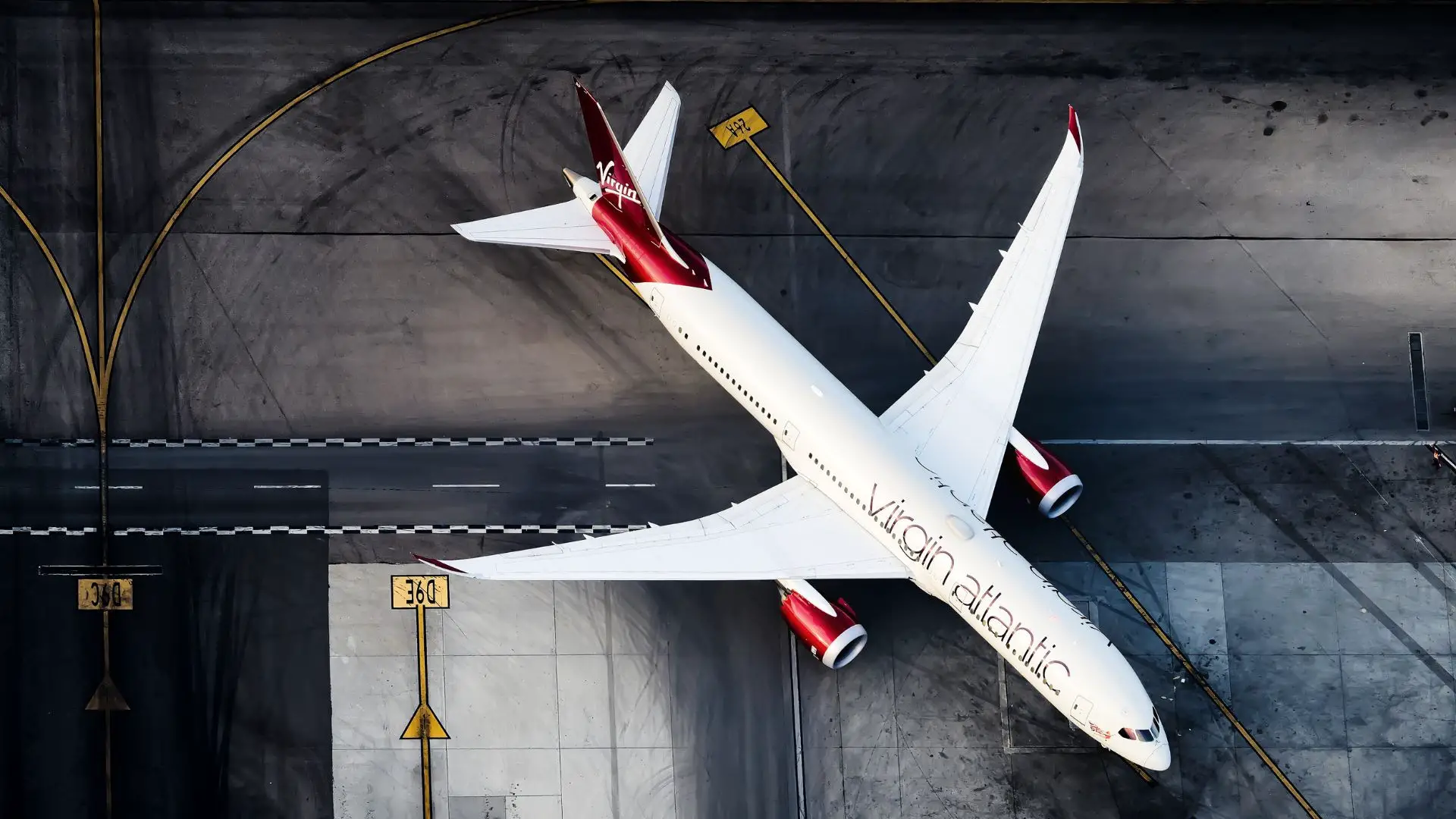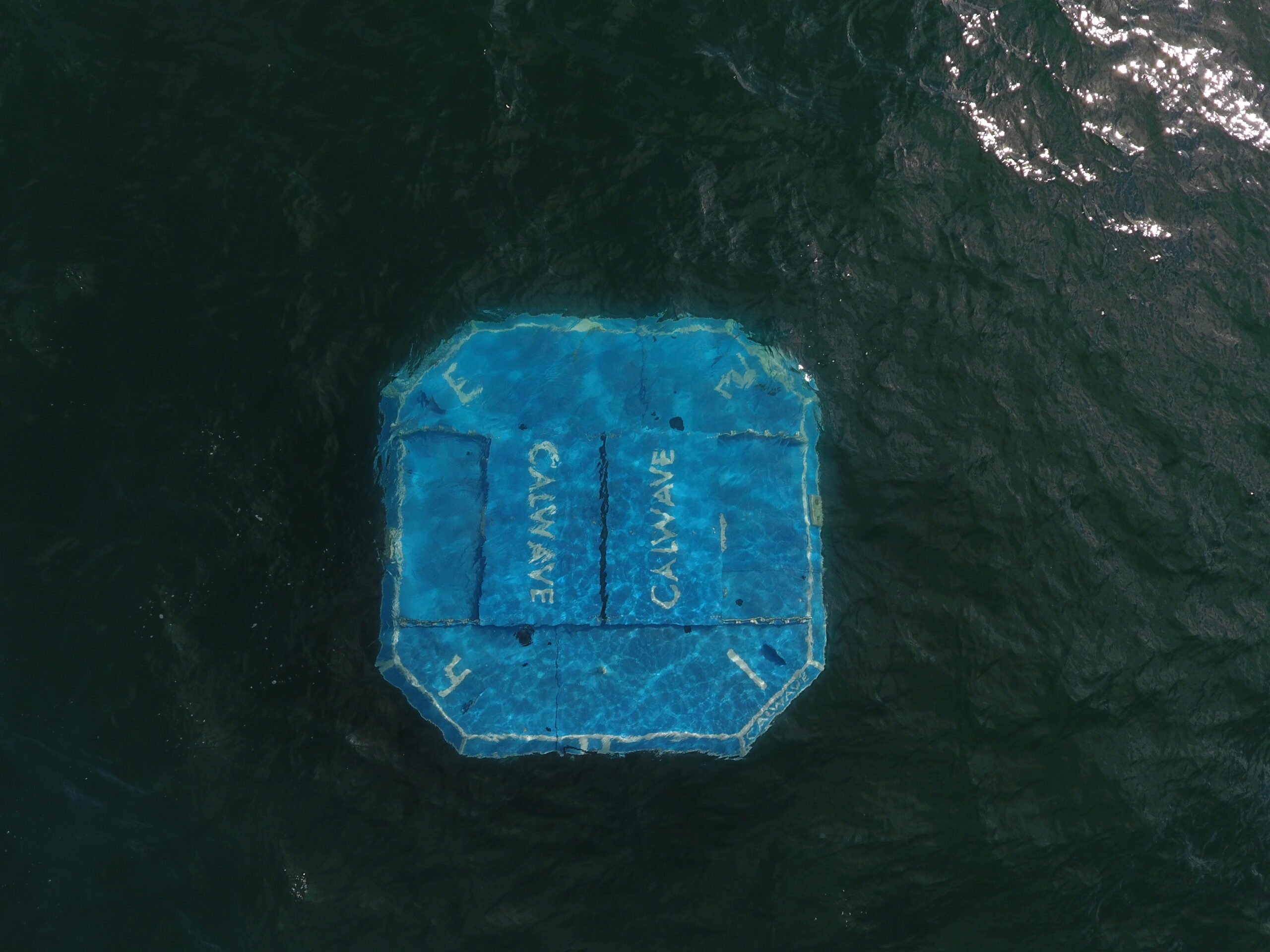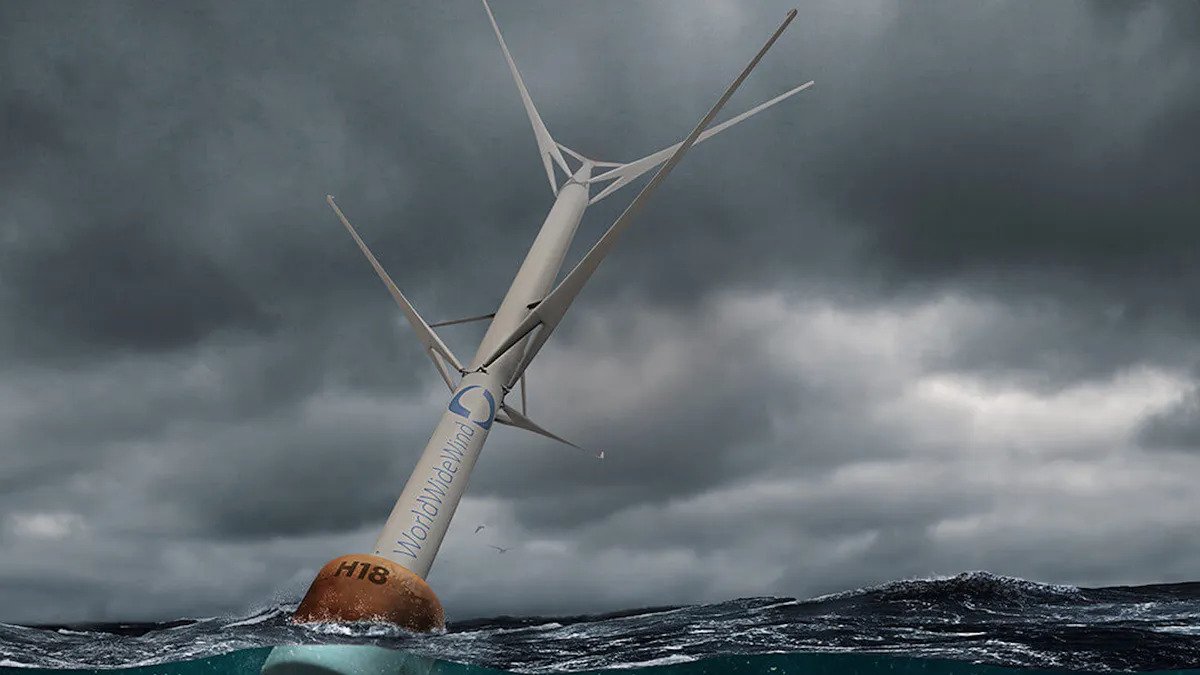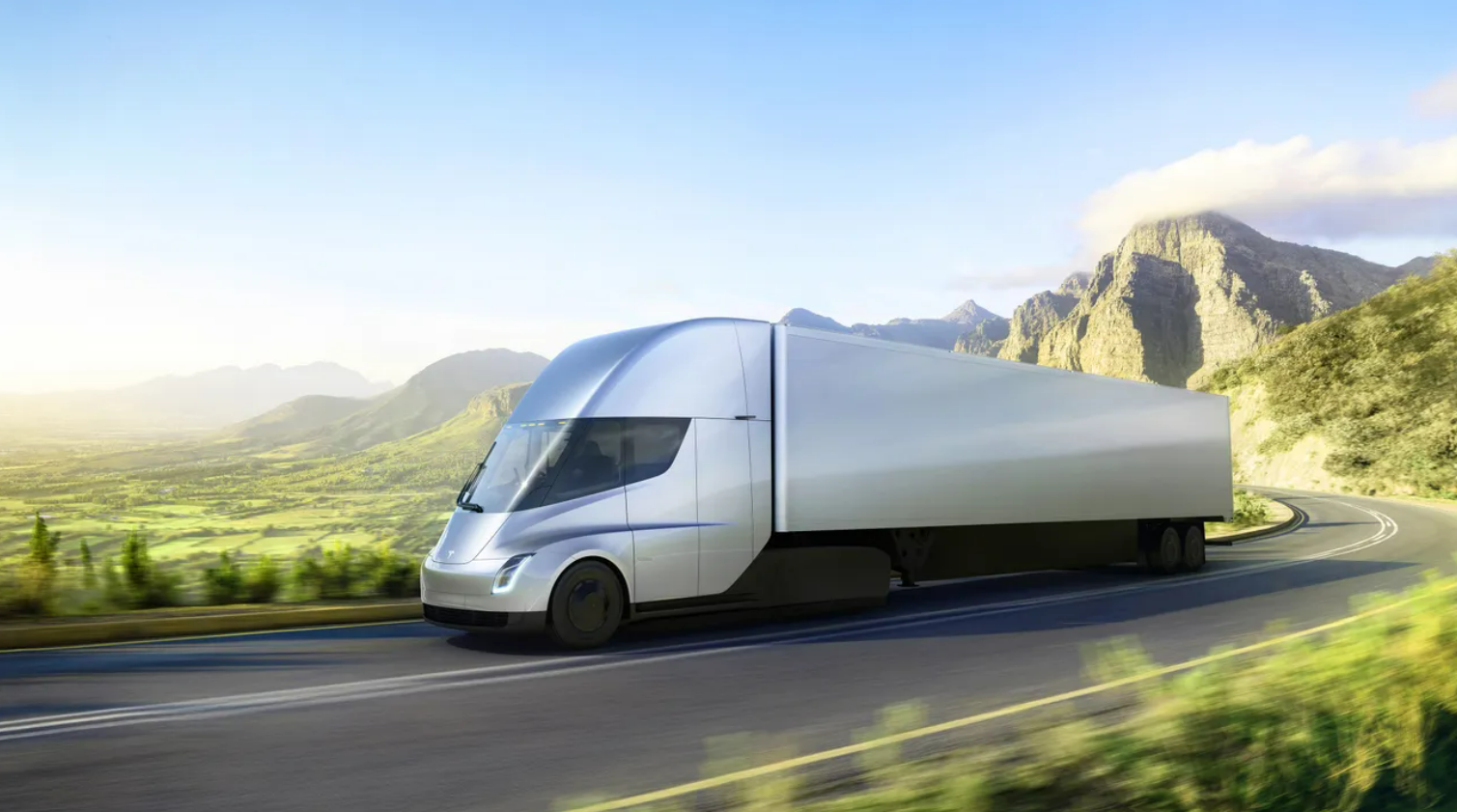In 2023, Virgin Atlantic will launch the world’s first ‘net-zero’ transatlantic trip.
This UK-US trip will be fueled by 100 percent sustainable aviation fuel (SAF), a low-emissions fuel derived from waste items like discarded cooking oil.
Virgin has earned a £1 million UK government contract to operate a Boeing 787 plane from London Heathrow to New York JFK.
According to the Department of Transportation, the flight will be a critical step toward “sustainable” aviation.
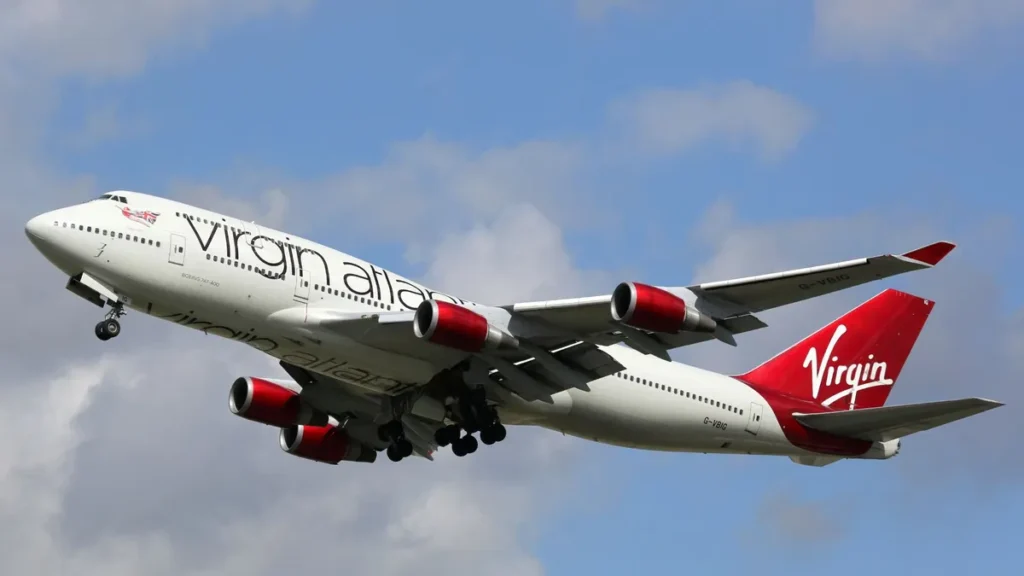
“For decades, flying from London to New York has epitomized aviation’s potential to link people and propel worldwide progress. It will now be in the forefront of reducing carbon emissions from aviation,” said British Transport Secretary Mark Harper.
“Not only will this flight pave the way for future generations, but it will also show how much we can accomplish when we work together toward a common goal. It will bring together some of the best businesses and academics in the world and be led by a British airline.”
SAPs, The Future of Aviation Industry
SAFs are made from waste materials such as leftover cooking oil, agricultural waste, and home rubbish such as packaging, food scraps, and textiles.
When SAFs are burned, they still emit carbon dioxide. However, the International Air Transport Association (IATA) believes they decrease emissions by around 70-80 percent throughout the “fuel life-cycle.”
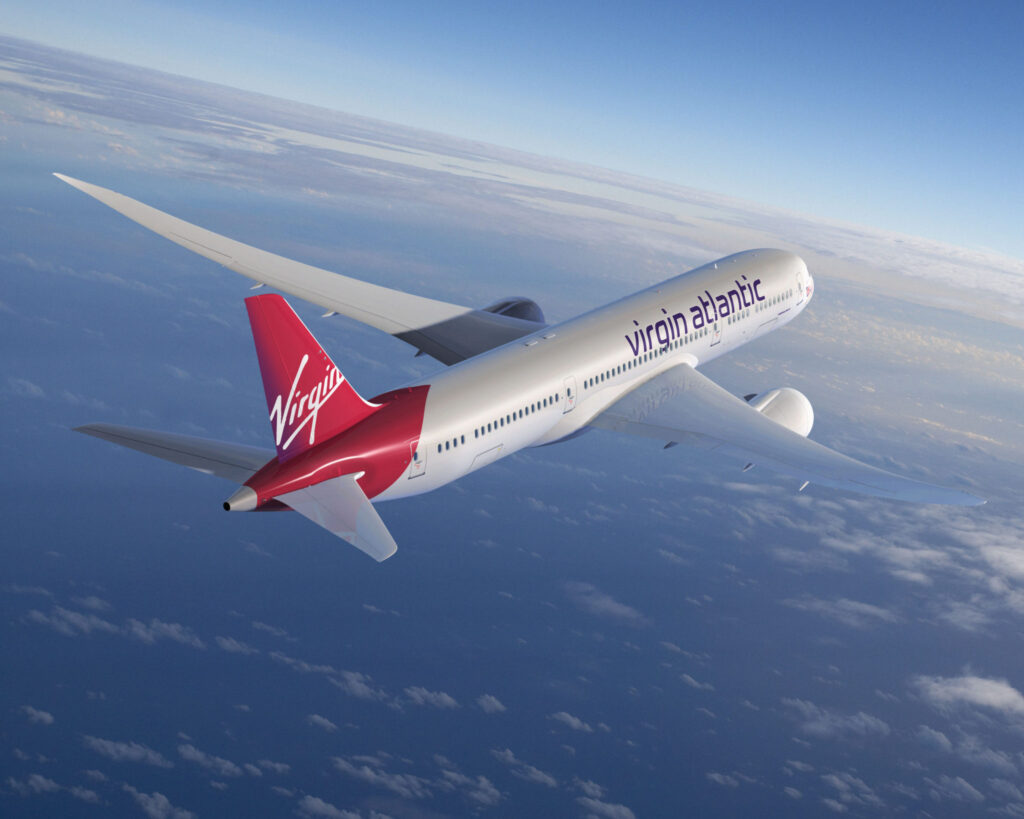
This is because they are generated from waste materials that have previously emitted carbon or plants that absorb carbon dioxide as they develop.
SAFs are combined with standard fossil fuels at a 50/50 ratio.
When combined with “greenhouse gas reductions,” “100% SAF will permit the delivery of a net zero flight,” according to a government official. And that’s why Transport Secretary Grant Shapps promised to speed up SAF testing and clearances.
“This world-first net zero emissions flight will illustrate the critical role that sustainable aviation fuel can play in decarbonizing aviation in accordance with our ambitious net zero ambitions,” he added.
How environmentally friendly are Sustainable Aviation Fuels?
But, sustainable aviation fuels are not a full solution for reducing aviation emissions.
SAFs release at least as much CO2 as kerosene – greenhouse gas savings occur during the manufacturing process.
However, the manufacturing process can also be harmful to the environment.
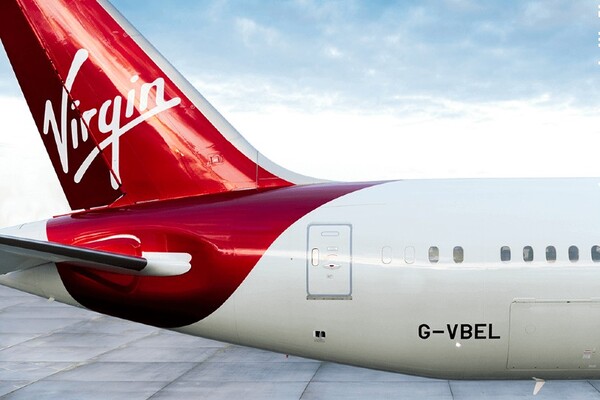
If companies grow ‘virgin crops’ – not from trash – to offset emissions, these plantations can lead to deforestation and lost biodiversity.
Using ‘virgin’ crops not derived from waste) is extremely harmful: plantations of crops such as palm oil, rapeseed, or soy are a major cause of deforestation.
Activists have accused SAF supporters of exploiting the technology to greenwash a harmful sector.
Element Energy, a climate consultant, has criticized the government’s “unrealistic” jet-zero strategy.
They accused the government of relying on untested technology in a study issued earlier this year and urged them to cancel planned airport expansions at Gatwick and Luton.
Climate-conscious travelers are increasingly opting for alternative transportation, such as rail travel.
Sustainable Aviation Fuels Challenges
High fuel production costs, commercial-scale technical risk, and feedstock availability are all barriers to broader SAF use.
To guarantee a stable and thriving industry, the United Kingdom will pass a SAF mandate requiring at least 10% of jet fuel to come from sustainable sources by 2030.
Through the £165 million advanced fuels fund, the United Kingdom will invest in a local SAF industry and collaborate with industry and investors to understand how to ensure long-term investment in the field.
According to the press release, these actions promote the SAF’s increased role in future commercial aviation.
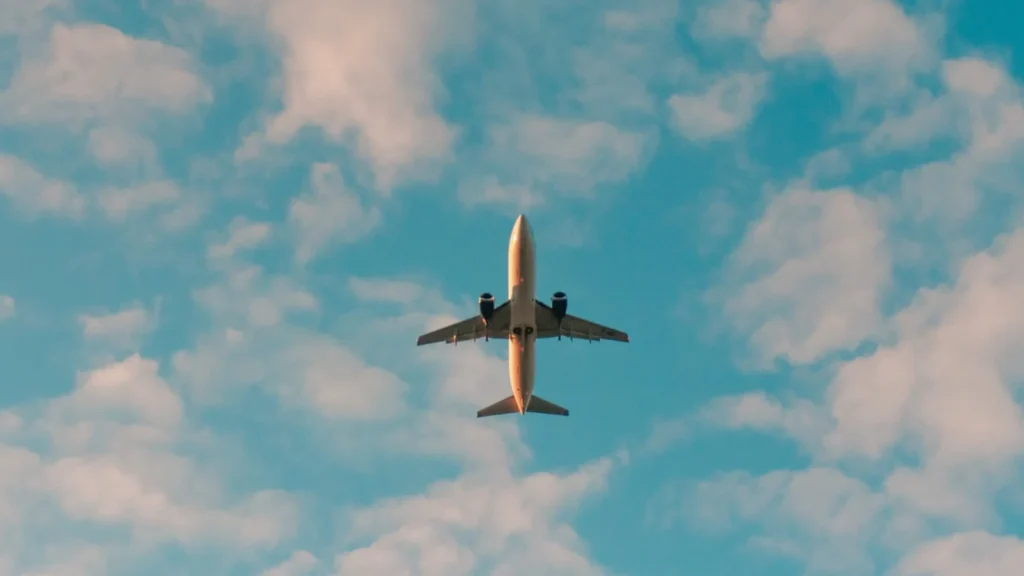
Meanwhile, Rachael Everard, Head of Sustainability at Rolls-Royce, is pleased that Trent 1000 engines will power the first-ever flight across the Atlantic using 100 percent SAF. “This is a tremendous milestone for the whole aviation sector on its way to net zero carbon emissions,” he said.
“The Trent 1000 can currently be flown on commercial flights with a 50% SAF mix, and by the end of 2023, we will have shown that our whole Trent engine and business aviation engine family is compatible with 100% SAF,” he said.
In 2019, air travel contributed 915 million tonnes of CO2 to humanity’s total CO2 emissions of 43 billion tonnes.
SAF-powered planes, on the other hand, provide hope for future cleaner flights in an industry that today accounts for 2.1 percent of global carbon emissions.

